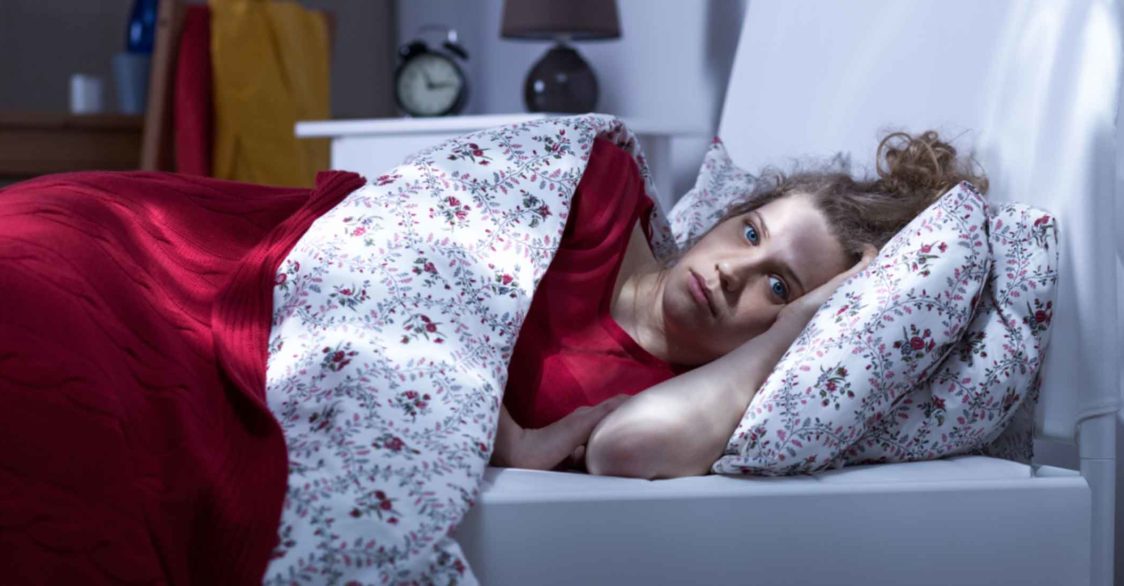Atypical depression is the name for a specific form of major depression (major depressive disorder). Doctors and mental health experts call it “atypical” because it produces certain symptoms that differ from those normally associated with depression.
Defining Major Depression
Despite its name, the condition is not at all rare. In fact, it affects a large percentage of depression sufferers. Before we can appreciate the significance of atypical depression, we must understand the classic symptoms of major depression. To receive a diagnosis for this condition, you must have at least one of two core problems:
- a down or depressed mood that affects you all the time or most of the time
- an inability to gain pleasure from your preferred hobbies and activities
You must also have a total of five depression symptoms in a two-week period of time. Possible additional symptoms include significant weight changes, energy loss, psychologically damaging feelings such as guilt or worthlessness, loss of mental clarity, and suicidal thinking, planning and/or active suicidal behavior.
How Do Atypical Cases Differ?
Atypical depression is formally known as major depressive disorder with atypical features. It differs from classic major depression in three main ways. First, while a person with major depression often feels down or depressed even when good things happen, a person with atypical symptoms will temporarily feel better when things go well. The list of major atypical symptoms also includes an unusual sense of heaviness in your legs and/or your arms, and an unusual sensitivity to rejection that interferes with your ability to interact with others at home, in social situations, at work or in school.
In fairly rare cases, a person with this form of depression may also experience symptoms similar to those normally associated with anorexia, bulimia or binge eating disorder. Examples include severe limitation of food intake and involvement in a cycle of food binging followed by purging through vomiting and/or laxative abuse. They also include food binging episodes not followed by any form of purging.
Overlapping Symptoms
Some of the symptoms of major depression with atypical features overlap at least partially with classic major depression. The list of overlapping problems you may experience includes:
- increase in appetite that leads to weight gain
- headaches
- a tendency to sleep at least 10 hours a day
- suicidal thoughts, planning and/or actions (in severe cases)
Atypical symptoms sometimes appear in combination with other subtypes of major depression, including depression with anxious distress and depression with melancholia. They can also appear in individuals diagnosed with an entirely separate form of depressive illness called persistent depressive disorder or dysthymia.
Resources
Psychiatry: Atypical Depression: https://www.ncbi.nlm.nih.gov/pmc/articles/PMC2990566/
Mayo Clinic: Atypical Depression: http://www.mayoclinic.org/diseases-conditions/atypical-depression/basics/definition/con-20035114
The Journal of the American Academy of Psychiatry and the Law: DSM-5 and Psychotic and Mood Disorders: http://jaapl.org/content/42/2/182








